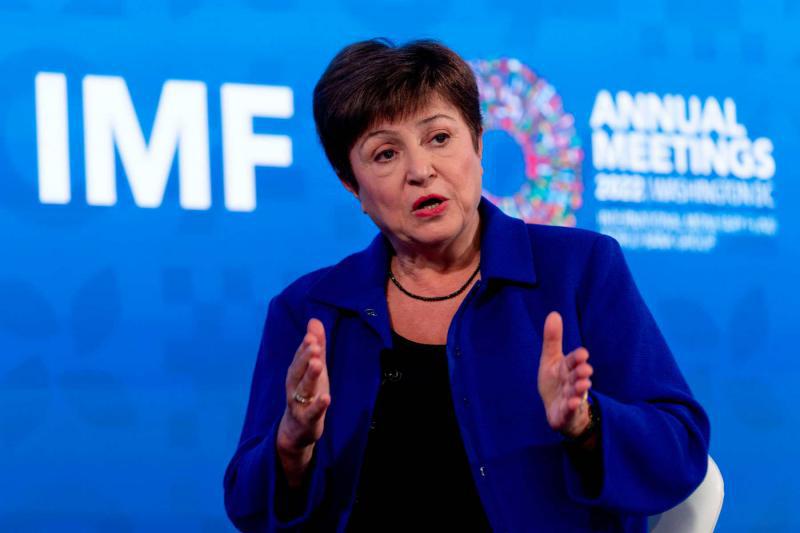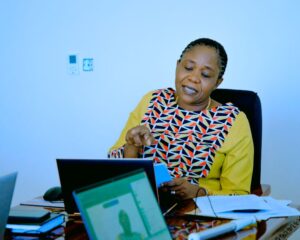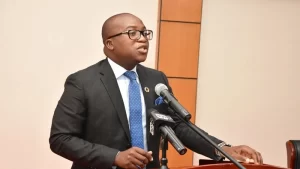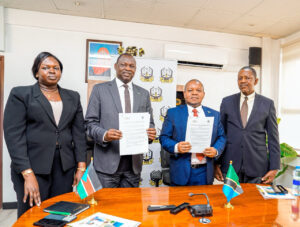• What It Means for Emerging Economies Like Tanzania
By Business Insider Reporter
Global economic growth is facing a new wave of downward revisions, according to International Monetary Fund (IMF) Managing Director Kristalina Georgieva.
In a pivotal keynote speech ahead of next week’s IMF-World Bank Spring Meetings, IMF Managing Director Kristalina Georgieva raised a stark economic red flag, warning of rising global financial market volatility and deepening trade tensions that threaten to derail fragile recoveries, particularly in emerging and developing economies.
While the world is not on the brink of a recession, Ms Georgieva signaled “notable markdowns” in the international financial institution’s (IFI) updated global growth forecasts. The key message: the global economy remains in a fragile state, exposed to “sudden and sweeping shifts” in trade policies, geopolitical instability, and financial stress.
“Financial market volatility is up. And trade policy uncertainty is literally off the charts,” Georgieva said. “This is a reminder that we live in a world of sudden and sweeping shifts. And it is a call to respond wisely.”
The IMF chief outlined a three-pronged strategy for countries to weather the storm: strengthening domestic reforms to enhance economic and financial stability, addressing macroeconomic imbalances, and doubling down on international cooperation in an increasingly fractured global landscape.
What This Means for Tanzania
For emerging economies like Tanzania, the IFI’s message comes at a critical moment.
While Tanzania has demonstrated resilience through recent shocks—such as the pandemic and inflationary aftershocks of global supply chain disruptions—it remains vulnerable to the downside risks Ms Georgieva highlighted.
- Pressure on Growth and Trade Prospects
Tanzania’s economy, which has been steadily recovering with projected growth around 5% in 2025, could feel the heat from slower global growth. As a commodity-exporting nation, reduced demand and price volatility in global markets—particularly for gold, coffee, and tourism—could weigh on export revenues and fiscal space. - Reform as a Necessity, Not an Option
Ms Georgieva’s emphasis on “putting your house in order” echoes long-standing calls for structural reforms in Tanzania—especially around public financial management, transparency, and attracting investment.
Continued efforts to streamline tax policies, reduce bureaucratic red tape, and strengthen local capital markets will be essential if Tanzania is to maintain investor confidence in an unpredictable global environment. - Regional and Global Cooperation Is Key
For Tanzania, situated strategically in East Africa, embracing multilateralism and regional cooperation will be pivotal. Initiatives like the African Continental Free Trade Area (AfCFTA) and integration with the East African Community (EAC) offer a buffer against global fragmentation. In this context, Georgieva’s call for stronger collaboration—particularly among smaller nations—is more than symbolic; it is a strategic imperative.
For more on the IMF Spring Meetings and their impact on Africa, stay tuned.









